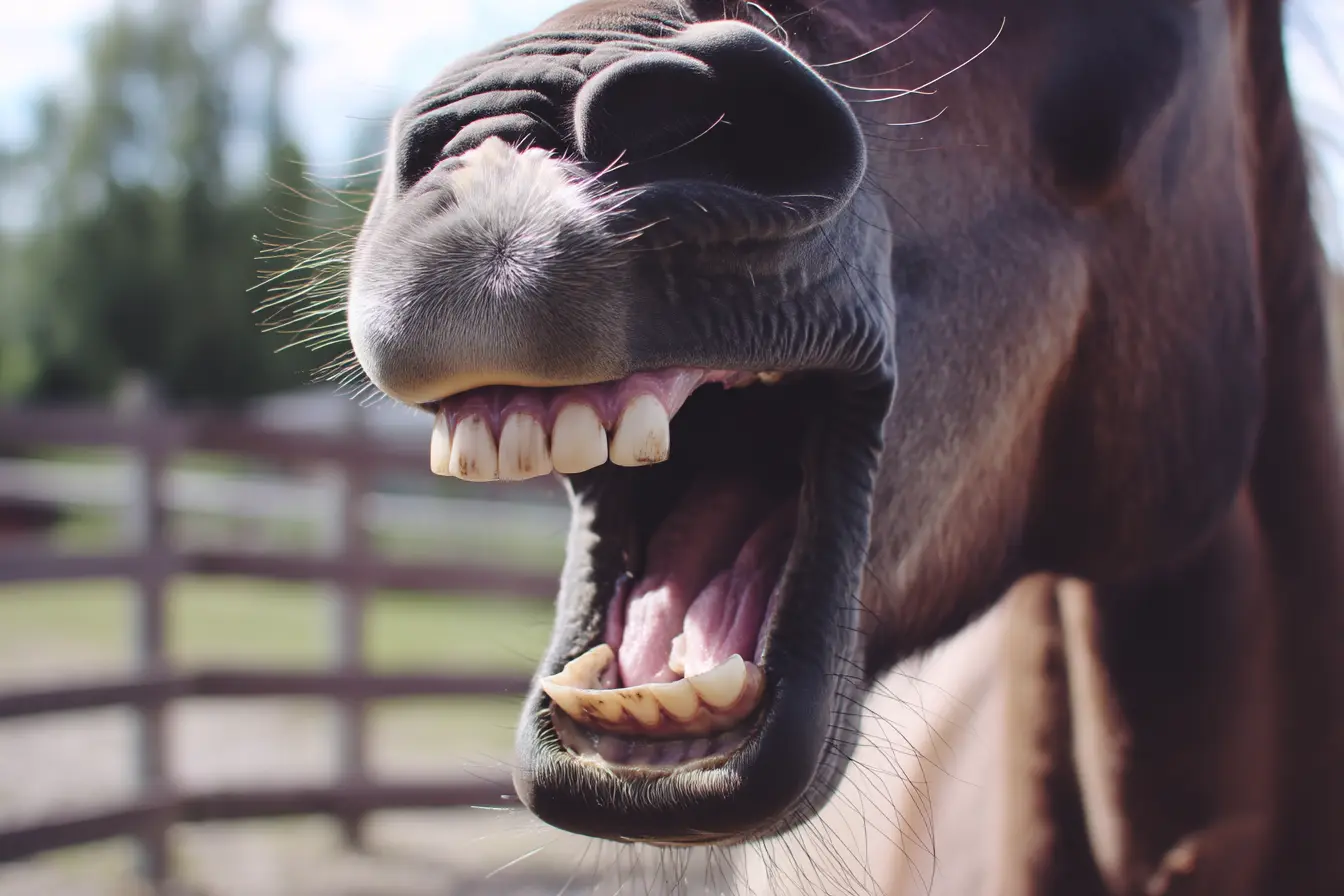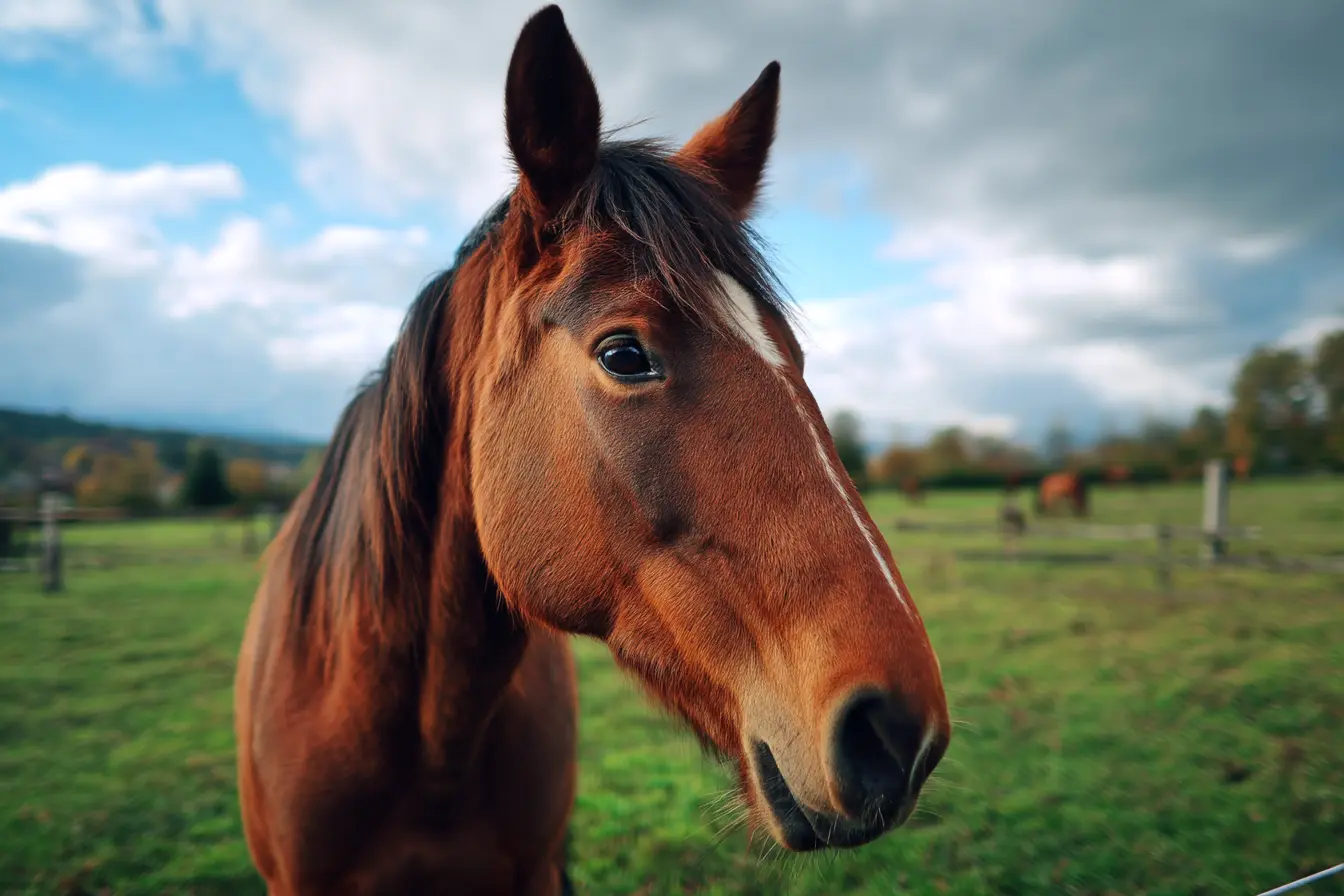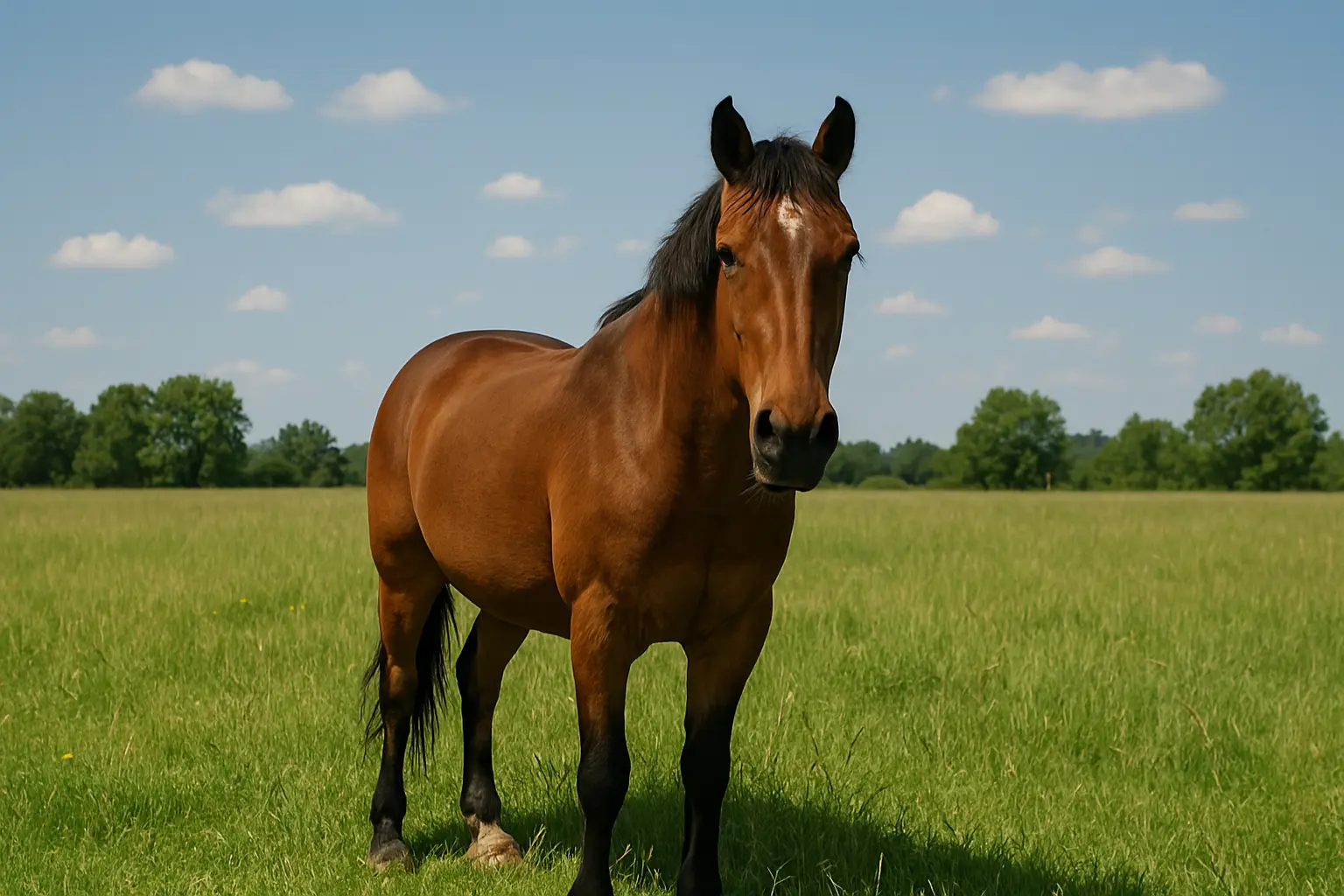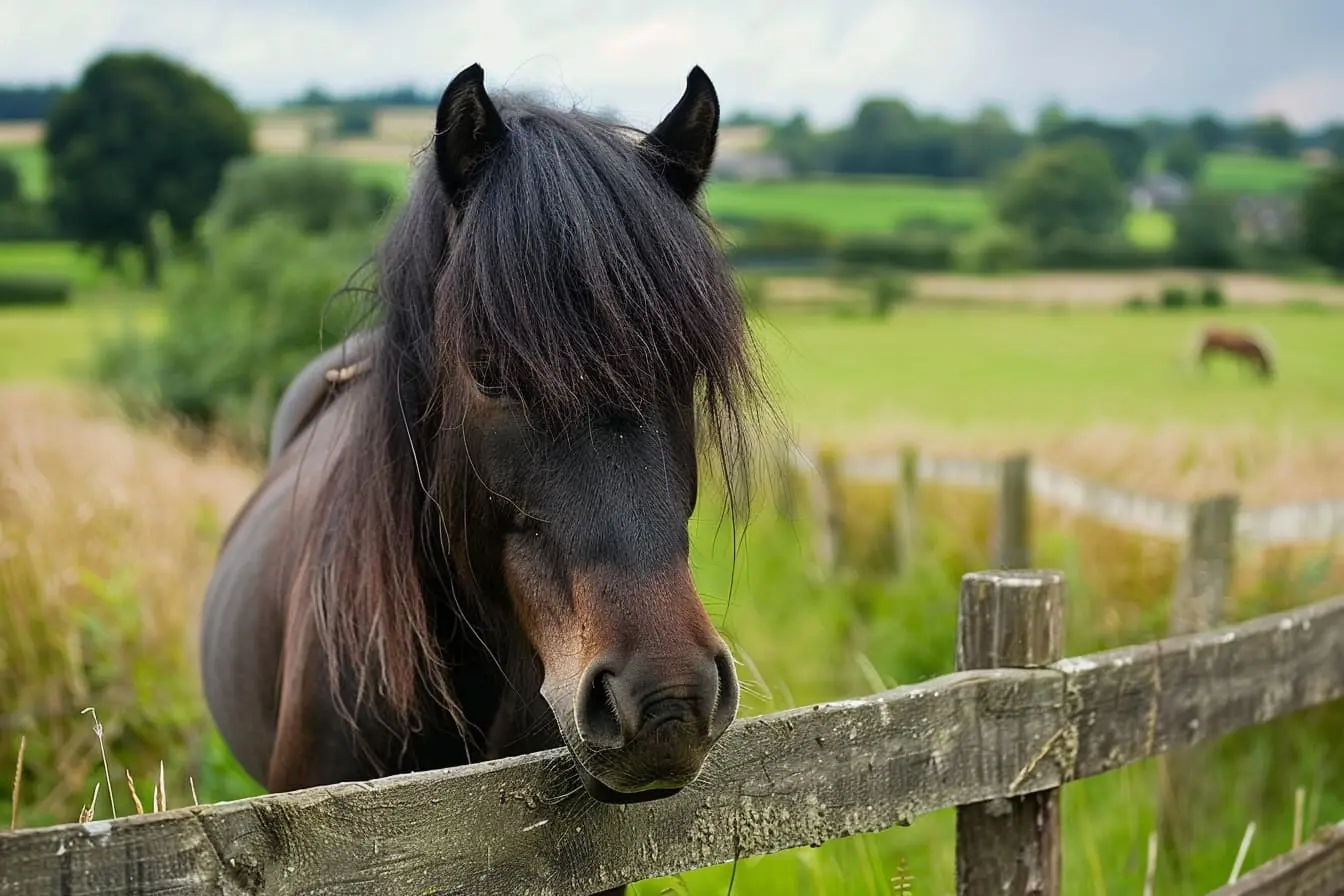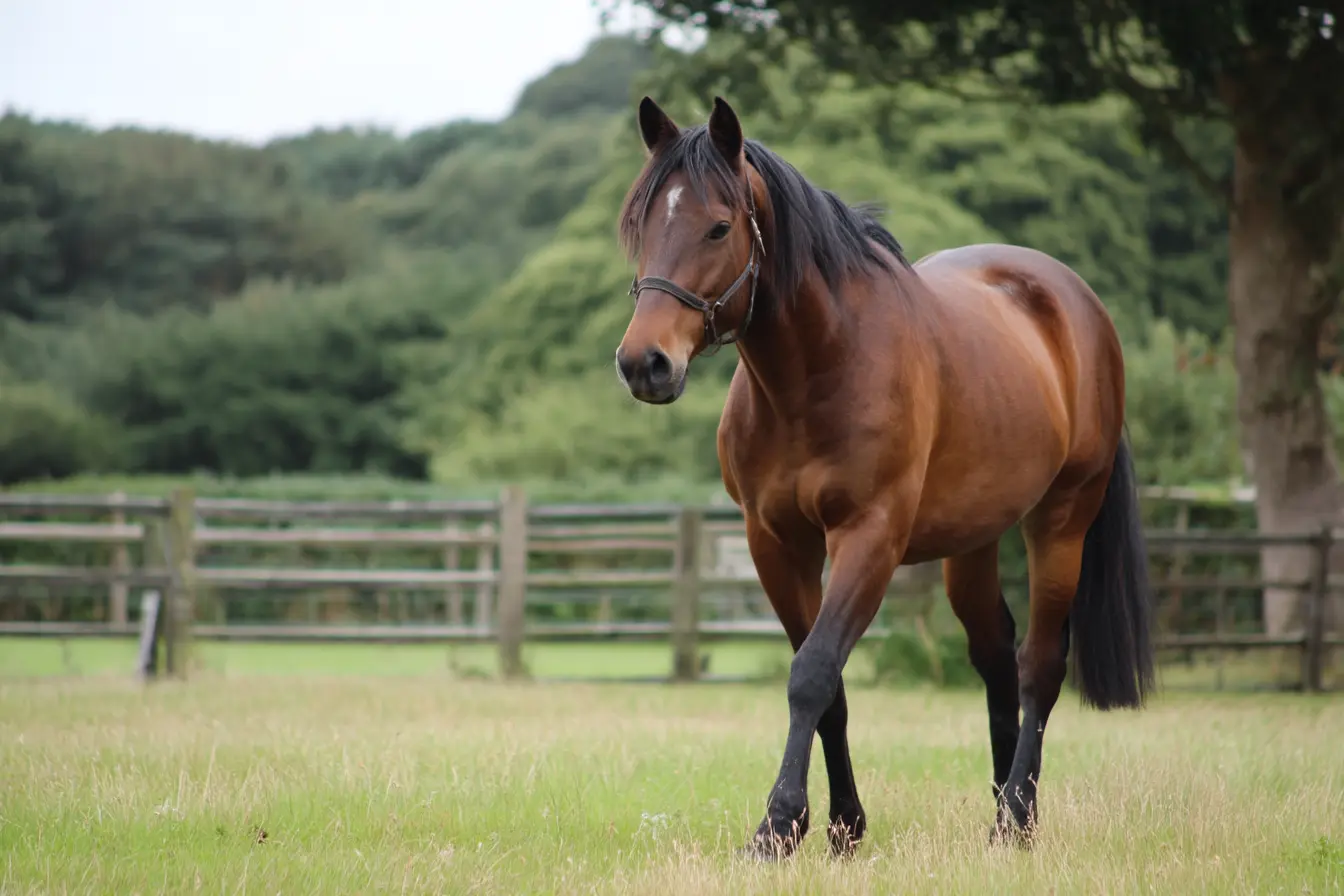
Understanding Ageing in Horses
Just like humans, horses go through a natural ageing process that brings physical, behavioural, and metabolic changes. Thanks to better nutrition, veterinary care, and management, many horses are living well into their twenties and thirties. However, ageing gracefully requires understanding the unique needs of older horses and making informed adjustments to their care.
This guide covers everything you need to know about ageing in horses—from signs of ageing and common health concerns to feeding, exercise, and end-of-life care.
When is a horse considered old
There is no strict definition of when a horse becomes "old", but most are considered seniors by the age of 15 to 20. Genetics, workload, lifestyle, and veterinary history all influence how quickly a horse ages. Some horses may show signs of ageing in their early teens, while others remain active and healthy well into their twenties.
Physical signs of ageing
As horses age, several physical changes may become noticeable:
- A swayback or dipped topline due to loss of muscle tone
- Greying around the muzzle and eyes
- Thinner or rougher coat
- Weight loss or a more angular frame
- Changes in hoof quality and growth rate
- Loss of elasticity in the skin
- Decreased mobility or stiffness, particularly after rest
These signs develop gradually and may be subtle at first. Regular monitoring can help you catch changes early and adapt care accordingly.
Common health issues in older horses
Ageing horses are more prone to certain medical conditions. Early detection and management are essential for maintaining quality of life.
Dental problems
Worn, loose, or missing teeth can make chewing difficult and lead to weight loss or choke. Regular dental exams (at least once a year) are vital.
Arthritis and joint stiffness
Degenerative joint disease is common in senior horses. Symptoms include stiffness, reluctance to move, and swelling around joints.
Cushing’s disease (PPID)
Pituitary Pars Intermedia Dysfunction (PPID) affects hormone regulation and can lead to a long, curly coat, weight loss, muscle wastage, laminitis, and increased susceptibility to infections.
Weight changes
Some older horses become underweight due to poor digestion or dental issues, while others may gain weight due to reduced activity or metabolic imbalances.
Laminitis
Older horses, particularly those with PPID or insulin resistance, are at increased risk of laminitis. Early signs include heat in the hooves and a shortened stride.
Respiratory conditions
Chronic conditions like heaves (Recurrent Airway Obstruction) may worsen with age, especially if the horse is exposed to dusty environments.
Nutrition for senior horses
As horses age, their ability to digest and absorb nutrients changes. Adjusting their diet is key to maintaining condition and overall health.
- Choose feeds designed for senior horses, which are easier to chew and digest
- Provide forage that’s soft and high in fibre (such as soaked hay or haylage)
- Soak feed for horses with dental issues or difficulty chewing
- Ensure consistent access to fresh water
- Monitor weight regularly and adjust rations as needed
- Supplement with vitamins and minerals if necessary, especially if pasture quality is poor
Always consult with a vet or equine nutritionist to create a feeding plan tailored to your horse’s needs.
Exercise and activity for older horses
Ageing doesn’t mean a horse must retire. In fact, regular exercise helps maintain muscle tone, joint mobility, and mental stimulation.
- Keep older horses moving with daily turnout or light work
- Choose low-impact activities such as hacking, groundwork, or gentle schooling
- Warm up and cool down thoroughly to reduce strain on joints
- Listen to your horse—fatigue, stiffness, or irritability may signal the need to scale back
Managing the environment
Creating a comfortable living environment helps reduce stress and supports health in older horses.
- Provide shelter from extreme weather
- Use deep, supportive bedding to cushion joints
- Ensure easy access to feed, water, and turnout
- Minimise competition with younger or more dominant horses
- Keep routines consistent to avoid stress and confusion
Mental and emotional well-being
Older horses may become more set in their ways and sensitive to change. Maintaining mental stimulation is just as important as physical health.
- Spend time grooming, handling, or simply being with your horse
- Introduce gentle enrichment such as stable toys or sensory walks
- Keep companions nearby—horses are social animals and benefit from herd contact
Monitoring and veterinary care
Proactive veterinary care is essential as horses age. Schedule regular check-ups and maintain open communication with your vet.
- Biannual health exams are recommended for senior horses
- Annual dental checks and vaccinations should continue
- Regular worming, adjusted based on faecal egg counts, remains important
- Keep detailed records of weight, feed changes, and any observed issues
Retirement and end-of-life considerations
Eventually, some horses will need to be retired from active work. Retirement doesn’t mean neglect—it simply requires a shift in focus toward comfort and quality of life.
For some, humane euthanasia may be the kindest option when pain or illness significantly impacts well-being. It’s a difficult decision, but one that many owners must face with compassion and care.
Discussing a quality-of-life scale with your vet can help guide this decision when the time comes.
Conclusion
Ageing is a natural and inevitable part of a horse’s life. With attentive care, good nutrition, and a thoughtful approach to health and management, older horses can enjoy many comfortable, happy years. Whether your horse is winding down from a long career or has simply reached the golden years, your continued care and companionship are the most valuable gifts you can offer.
Knowing your horse, noticing changes, and responding proactively will go a long way in supporting their journey through ageing with grace and dignity.
Contents
- When is a horse considered old
- Physical signs of ageing
- Common health issues in older horses
- Nutrition for senior horses
- Exercise and activity for older horses
- Managing the environment
- Mental and emotional well-being
- Monitoring and veterinary care
- Retirement and end-of-life considerations
- Conclusion
Tags
Vets near you
Speciality vets
- Aquatics vet specialists
- Birds vet specialists
- Camelids vet specialists
- Cats vet specialists
- Cattle vet specialists
- Deer vet specialists
- Dogs vet specialists
- Equines vet specialists
- Exotic vet specialists
- Goats vet specialists
- Pigs vet specialists
- Poultry vet specialists
- Sheep vet specialists
- Small Mammals vet specialists
- Wild vet specialists
Vet facilities
- Accessible by public transport
- Blood testing
- Car park nearby
- Client car park
- Dentistry
- Diagnostic imaging
- Disabled public access
- Flea and worm treatments
- Microchipping
- Mobile services
- Neutering
- Open at weekends
- Out-of-hours service
- Referral interests
- Referrals only
- Street parking outside
- Toilets available
- Vaccination clinic
